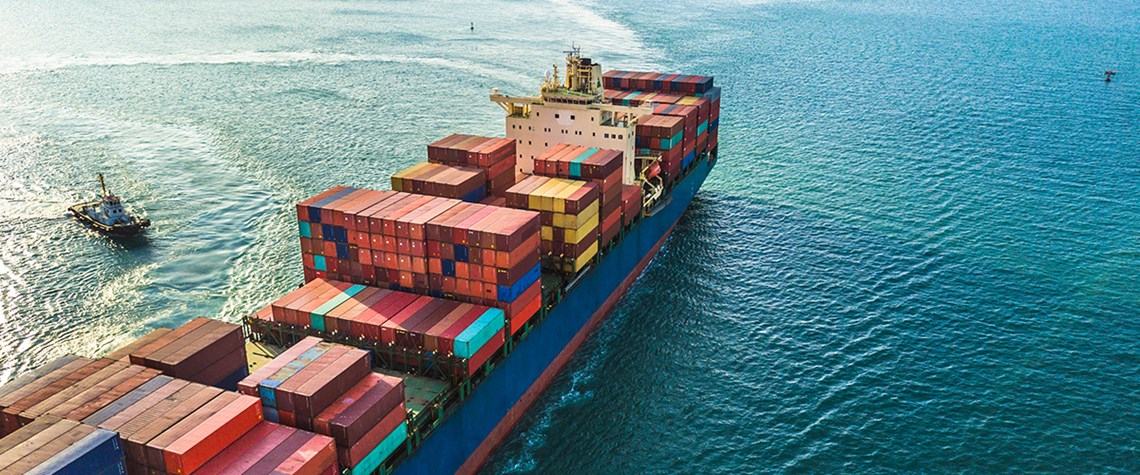30 January 2018
Fuels at sea
Ships must pollute less. Their owners can't ignore the impending regulatory changes
The International Maritime Organisation (IMO) deadline for emission control in world shipping is fast approaching. Beginning in 2020, vessels worldwide must limit their emissions to the equivalent of burning 0.5% sulphur-content fuels, whether by burning low-sulphur fuels themselves or by installing "scrubbers" to treat exhaust emissions. The change is likely to affect around 4m barrels a day of oil demand. Competition between new blends of oil fuels (very-low-sulphur fuel oil or marine diesels), scrubbers, or liquefied natural gas is likely to be fierce but evolutionary. Each competitor presents different challenges: scrubbers affect fuel efficiency and may be difficult to finance when so m

Also in this section
26 April 2024
While the US has been breaking records for its premium grade crude, there are doubts over whether you can have too much of a good thing
26 April 2024
Slowing demand growth and capacity expansions will squeeze refiners in coming years
25 April 2024
Some companies with assets in Israel have turned towards Egypt as tensions escalate, but others are holding firm despite rising tensions
24 April 2024
But even planned exploration activity is unlikely to reverse declining output from mature fields







